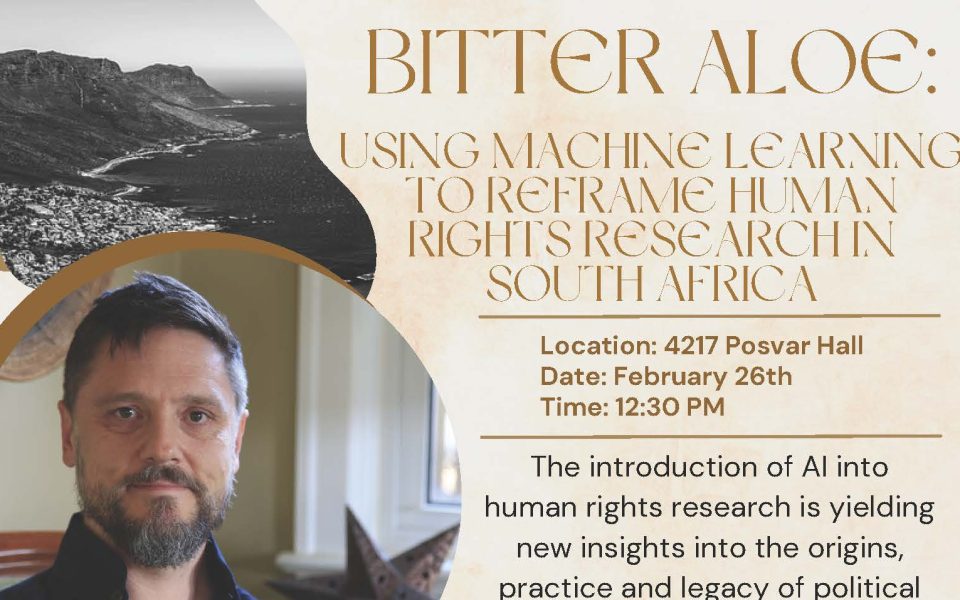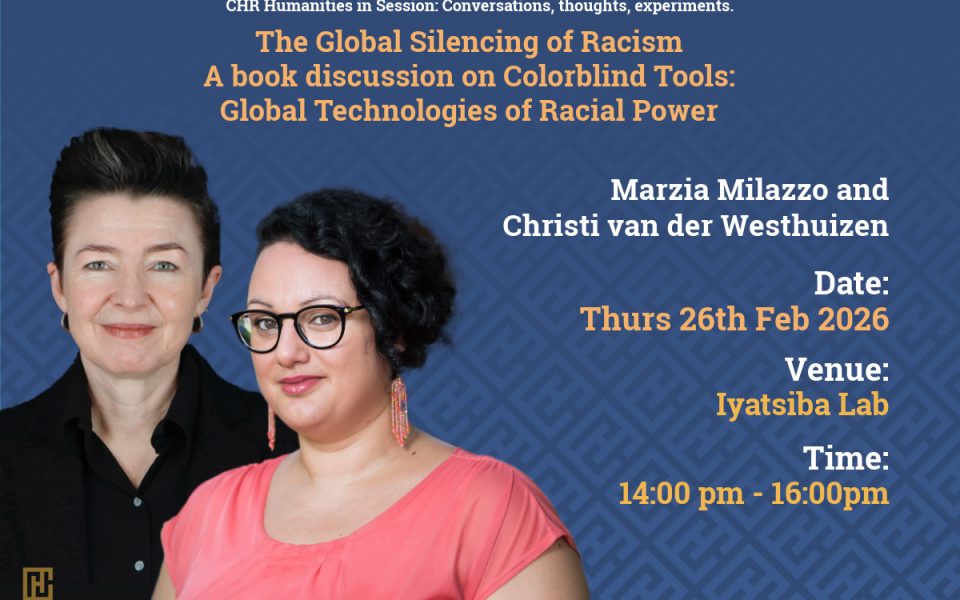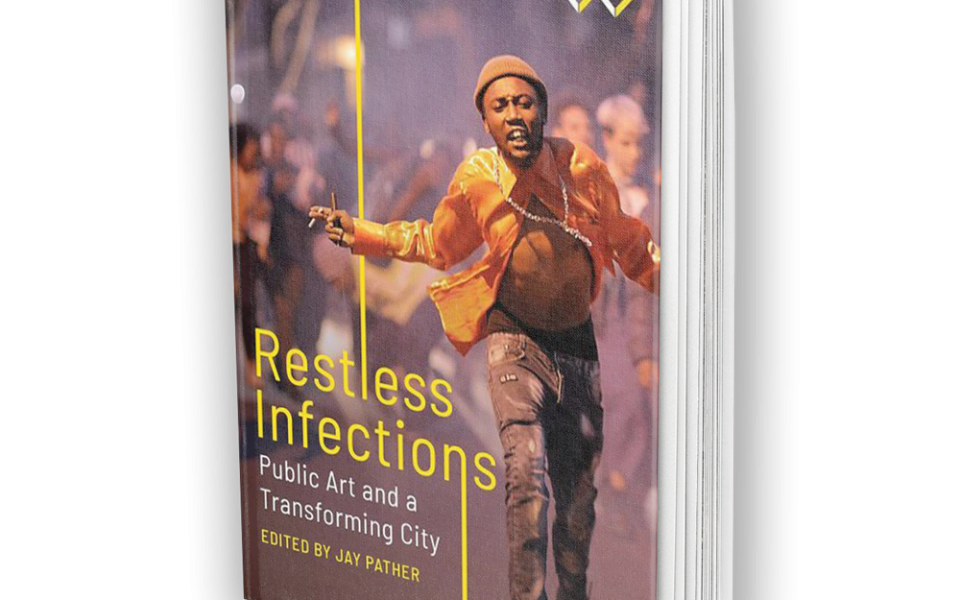Transformative Constitutionalism: Afrika Focus, Vol 36
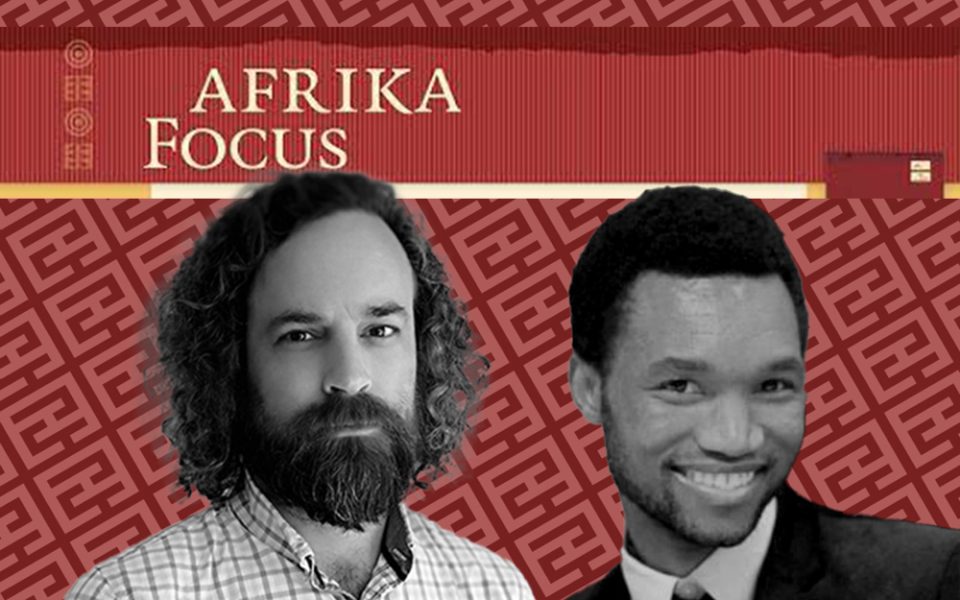
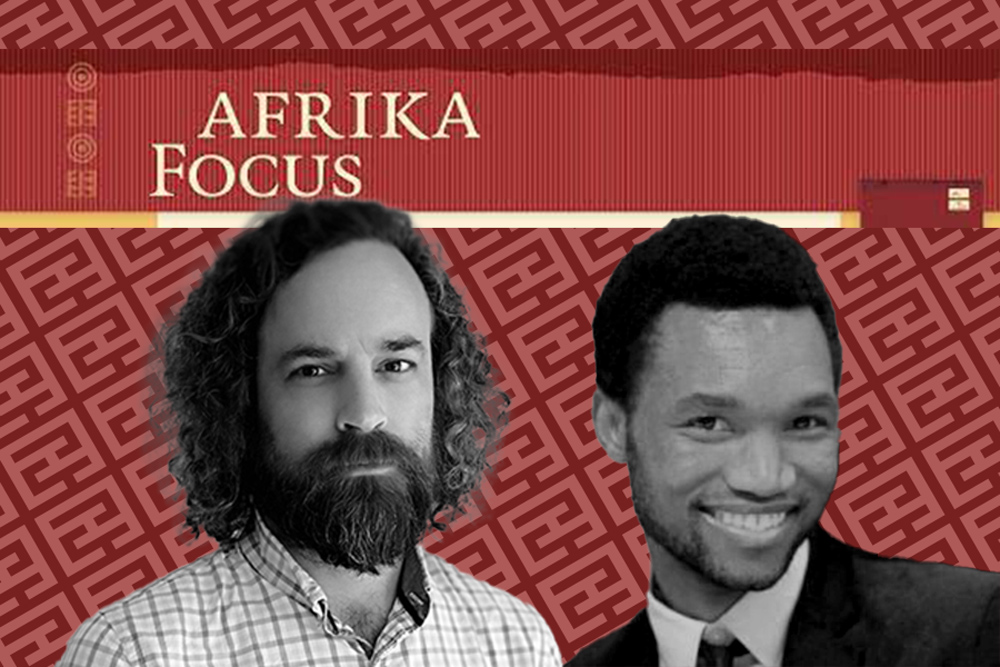
The latest Afrika Focus is now available. Edited by the CHR’s, Maurits van Bever Donker and Lwando Scott, this volume focuses on the question of transformative constitutionalism.
According to authors, this special issue “was born out of the need not only to engage” recent debates about South Africa’s constitution which from its inception promised a more egalitarian society, “but to try and understand why there is so much disagreement over the constitution in the present moment.”
Below is a short piece from this special issue’s introduction, but for more details and access to the journal, follow the link below:
“In many ways, the South African transition from apartheid to democracy, and the creation of the Constitution of the Republic of South Africa of 1996, was an attempt to create a new foundation: a foundation on which to establish a new South Africa premised on democratic principles, built on human dignity, equality and freedom. The discourse around the Constitution of South Africa was/is one of hope, of a peaceful transition to a just society, of the triumph of togetherness over apartness. The constitution has been praised by many around the world, held up as an example of a peaceful transition and the ambitious goal of an egalitarian society. The preamble to the constitution frames this as a foundation through which “the people … recognise the injustices of our past”. In this recognition, it allows for a reckoning with the injustices of the past, where the past is invoked in the present; as such, the constitution does not move with amnesia into the imagined future. While it was at first lauded as the best constitution in the world, partly for its transformative potential, in recent years there have been contestations about the constitution, with some people going as far as to call for its abolishment (Tshikota, 2021). One of the major critiques levelled at the constitution is that it embodies a Western liberal ethos, and that a more African philosophical orientation is necessary (Ramose, 2018). Furthermore, the constitution is contested for its apparent failure to bring about significant transformation in the cultural, social and political order created by colonial-apartheid regimes (Modiri, 2018a; Tshikota, 2021). These contestations are ongoing, and this special issue was born out of the need not only to engage these debates but to try and understand why there is so much disagreement over the constitution in the present moment.”

